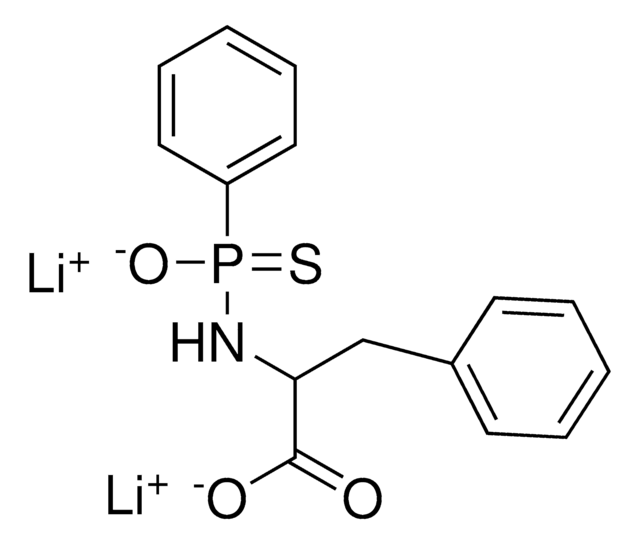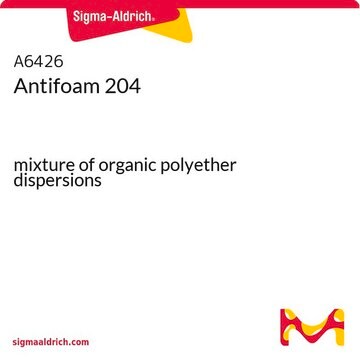About This Item
Recommended Products
grade
ACS reagent
Assay
≥98.0%
form
crystals or chunks
reaction suitability
reagent type: catalyst
core: sodium
color
colorless to slightly yellow
anion traces
SO32- and S2O32-: ≤0.1%
cation traces
Fe:, passes test
NH4+: ≤0.005%
storage temp.
2-8°C
SMILES string
O.O.O.O.O.O.O.O.O.[Na]S[Na]
InChI
1S/2Na.9H2O.S/h;;9*1H2;
InChI key
UIINQVYGFKNSPA-UHFFFAOYSA-N
Looking for similar products? Visit Product Comparison Guide
General description
Application
It serves as a catalyst during synthesis of thioamides.
Signal Word
Danger
Hazard Statements
Precautionary Statements
Hazard Classifications
Acute Tox. 3 Dermal - Acute Tox. 4 Oral - Aquatic Acute 1 - Aquatic Chronic 1 - Eye Dam. 1 - Skin Corr. 1B
Storage Class Code
6.1D - Non-combustible acute toxic Cat.3 / toxic hazardous materials or hazardous materials causing chronic effects
WGK
WGK 3
Flash Point(F)
Not applicable
Flash Point(C)
Not applicable
Certificates of Analysis (COA)
Search for Certificates of Analysis (COA) by entering the products Lot/Batch Number. Lot and Batch Numbers can be found on a product’s label following the words ‘Lot’ or ‘Batch’.
Already Own This Product?
Find documentation for the products that you have recently purchased in the Document Library.
Customers Also Viewed
Our team of scientists has experience in all areas of research including Life Science, Material Science, Chemical Synthesis, Chromatography, Analytical and many others.
Contact Technical Service









